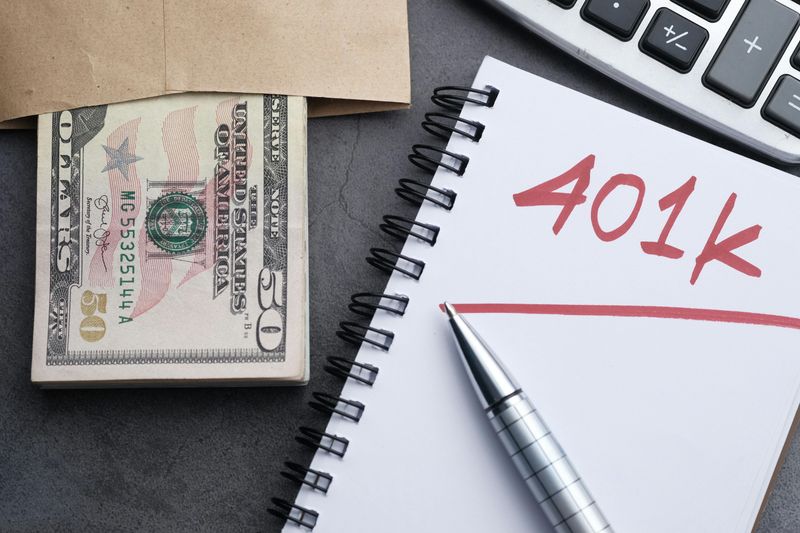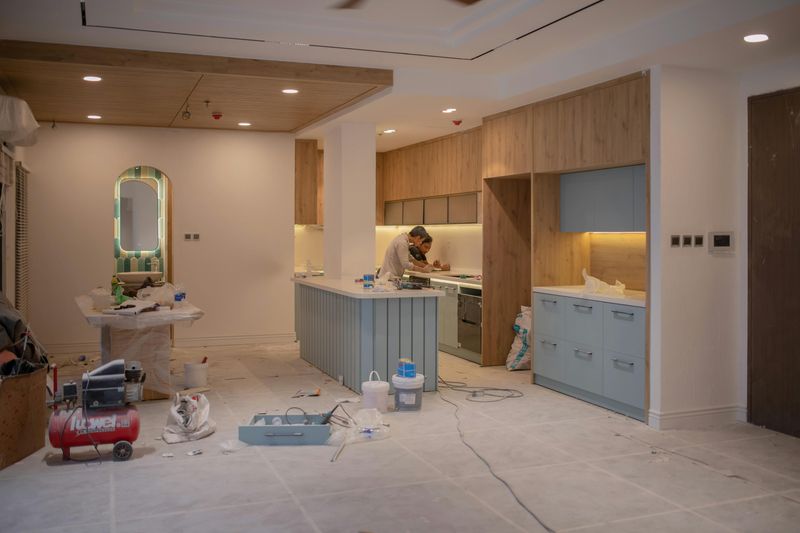Many Americans who are financially comfortable still don’t consider themselves wealthy. They pay their bills easily, save for retirement, and enjoy nice vacations, yet hesitate to claim the ‘upper-middle class’ label. This disconnect happens because wealth feels relative – there’s always someone with more. Let’s explore some telltale signs you might be more financially privileged than you realize.
1. You Treat Money Like a Tool

Money isn’t your master or your god – it’s your hammer, screwdriver, and measuring tape. You’ve moved beyond the paycheck-to-paycheck mindset where cash disappears as quickly as it arrives.
Instead, you deliberately channel funds toward building security walls (emergency savings), creating memory machines (family vacations), and crafting comfort engines (home improvements). Your relationship with money isn’t perfect, but it’s practical.
When unexpected opportunities arise, you can often say yes without panic. This strategic approach to finances – rather than an emotional one – marks a significant shift in your economic status.
2. You Can Handle a Major Emergency Without Debt

Remember that time your water heater decided to flood the basement? Or when your car’s transmission gave up during a road trip? While these situations are stressful for everyone, they don’t spell financial disaster for you.
Your emergency fund acts as a financial shock absorber. When life throws expensive curveballs – medical bills, home repairs, or sudden travel needs – you don’t immediately reach for credit cards or personal loans.
This financial buffer represents a privilege many Americans don’t have. According to surveys, nearly 40% of U.S. adults couldn’t cover a $400 emergency without borrowing money or selling something.
3. You Max Out Retirement Accounts Every Year

January rolls around, and you’ve already scheduled your IRA contribution or increased your 401(k) percentage. Retirement savings isn’t an afterthought – it’s a priority you build your budget around.
Hitting the maximum annual contribution limits ($22,500 for 401(k)s in 2023, plus catch-up contributions if you’re over 50) requires substantial income and financial discipline. Most Americans contribute far less or nothing at all.
Your future self will thank you, but don’t overlook what this behavior signals about your present situation. The ability to divert significant current income toward future needs indicates a level of financial security many can only dream about.
4. You Can Afford Big Expenses

When your roof needs replacing or college tuition comes due, you don’t lose sleep for months. Major expenses certainly require planning and might temporarily tighten your budget, but they don’t derail your financial life.
You might need to adjust spending or delay other goals, but you’re not choosing between fixing your car and paying rent. This financial flexibility represents a significant privilege in a country where medical bills are the leading cause of bankruptcy.
Even if these large expenses require some strategic planning, your ability to absorb them without long-term financial damage separates your experience from those living with genuine financial precarity.
5. You’re Investing Outside of Retirement

After covering expenses and maxing retirement accounts, you still have money to invest elsewhere. Maybe you’ve built a brokerage account with index funds, purchased rental property, or joined an angel investment group.
These extra investments represent true wealth-building activity. While lower-income folks might invest small amounts through apps like Robinhood, substantial non-retirement investing requires significant discretionary income.
Your additional investments create multiple income streams and assets that appreciate over time. This financial diversification provides security beyond your primary career and retirement accounts – a hallmark of upper-middle-class financial planning that compounds your advantages over time.
6. You Have Options

Freedom doesn’t just mean vacations and leisure time – it means choices. When your job becomes toxic or unfulfilling, you can actually consider leaving without immediate financial panic.
Geographic mobility represents another privilege. Relocating for better opportunities, climate preferences, or to be near family doesn’t require financial gymnastics. Your resume shows career moves based on growth potential rather than desperate necessity.
Even during economic downturns, your emergency fund, investments, and professional network create a safety net that allows measured decisions rather than desperate ones. This freedom to choose your path rather than merely reacting to financial pressures defines upper-middle-class security.
7. You Hire Expertise

Financial advisors, CPAs, estate attorneys – these professionals aren’t just for the ultra-wealthy anymore. You recognize that expert guidance often pays for itself through tax savings, investment growth, and legal protections.
Beyond financial experts, you might hire specialists for home maintenance, childcare, or personal services. This outsourcing reflects both your valuation of your own time and your ability to afford assistance.
Paying for expertise represents a mindset shift from DIY necessity to strategic delegation. While you might still enjoy certain hands-on projects, you choose them based on preference rather than financial constraint – a subtle but significant indicator of upper-middle-class status.
8. You Travel Without Guilt

Summer vacations, weekend getaways, or international adventures aren’t financial catastrophes for you. Travel occupies a normal place in your annual budget rather than requiring extreme sacrifices or debt accumulation.
While you still appreciate deals and might use travel rewards strategically, your trips aren’t limited to visiting relatives with spare bedrooms. The psychological freedom to enjoy experiences without financial anxiety represents a genuine privilege.
Even if you don’t travel luxuriously, your ability to explore beyond your immediate surroundings without financial strain separates your experience from many Americans. Travel without guilt signals both financial comfort and the psychological security that accompanies it.
9. You Own Real, Appreciating Assets

Beyond your primary residence, you’ve accumulated assets that grow in value over time. This might include investment properties, business ownership stakes, substantial stock portfolios, or valuable collectibles.
These assets generate passive income or capital appreciation without requiring your active labor. Unlike depreciating assets like vehicles or electronics, these holdings build intergenerational wealth potential.
The transition from merely earning income to owning appreciating assets represents a fundamental wealth milestone. Even modest holdings of such assets – a small rental property or diversified investment account – indicate upper-middle-class financial positioning that separates your trajectory from those who can only save from earned income.

Comments
Loading…